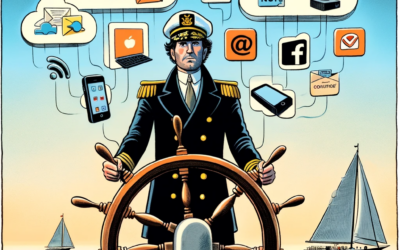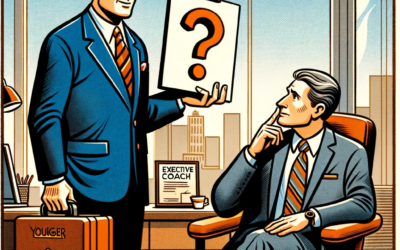Exceptional leaders appreciate others authentically
Outstanding leaders often begin interactions with authentic appreciation. In doing so, they demonstrate respect for others, cement their own standing as leaders, and reduce push-back. Appreciation also increases employee engagement.
A 2008 Global Recognition Study of 10,333 people from thousands of companies in thirteen
different countries revealed the importance of appreciation. According to O.C. Tanner, who commissioned the study, “appreciating great work can take an already good engagement score and make it great. Teams work harder, dig deeper, and reach higher. Add appreciation for their efforts and watch your people and company grow.”
Ways to appreciate others
For some leaders, displaying gratitude comes naturally. For others, it needs to be cultivated. If you’re in the latter camp, try the HAPPS appreciation model by Charles Pellerin:
HAPPS
Habitually: appreciate as a matter of habit. Once authentic appreciation becomes habitual you won’t experience it as onerous or time consuming;
Authentically: live in the mindset of gratitude to support you in experiencing what you appreciate in others; this is the key to authentic expression;
Promptly: the closer in time to the valued behavior, the better;
Proportionally: make the statement of appreciation (verbal, financial, paper) proportional to the behavior; and
Specifically: your expression of appreciation will have more power when it is specific. Avoid repetitions such as “good job” as a matter of routine.
Systemic Virtuous Effect
Appreciation begets a virtuous cycle. If you start using HAPPS or regularly communicate your gratitude toward others, your team members will start doing so, too.
Share with us techniques you have been using to habituate appreciation in your leadership and in your organization.
Related Posts:
If You Don’t Have Anything Nice To Say, Don’t Say Anything At All
How Successful People Become Even More Successful
Related Services:




